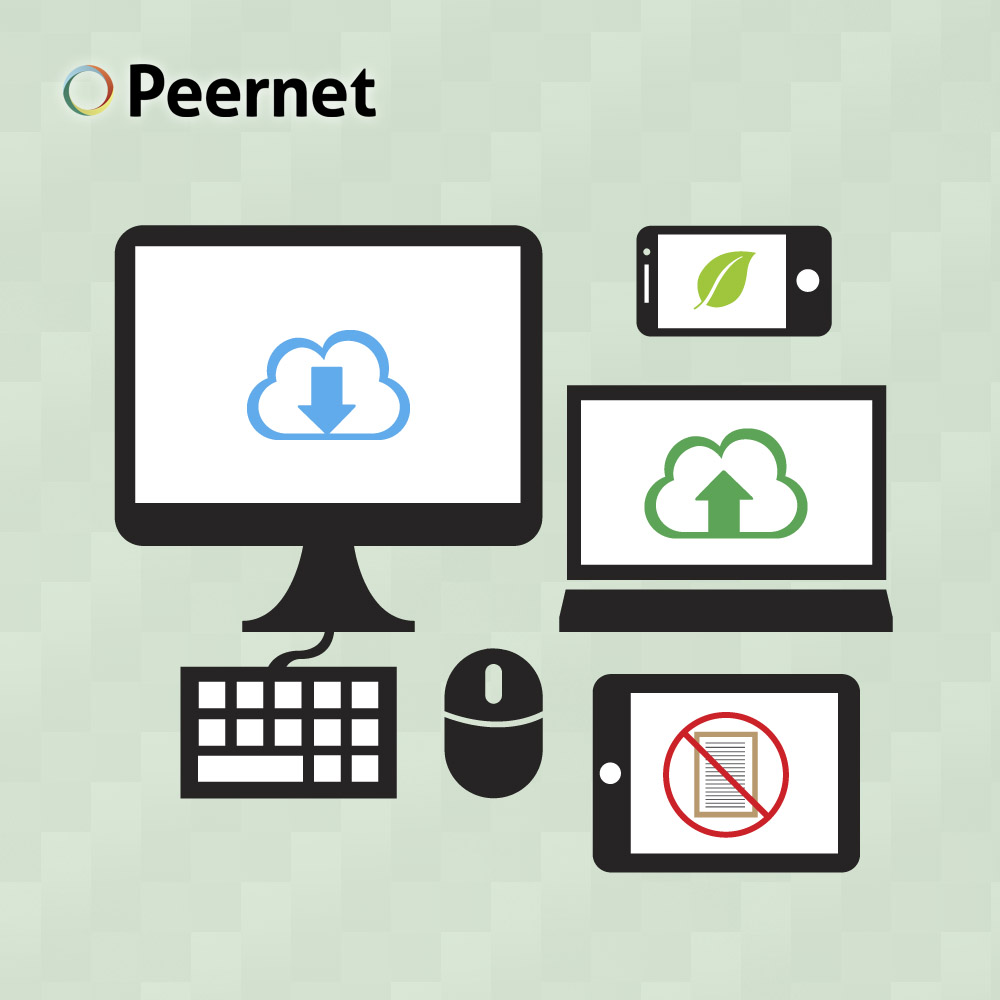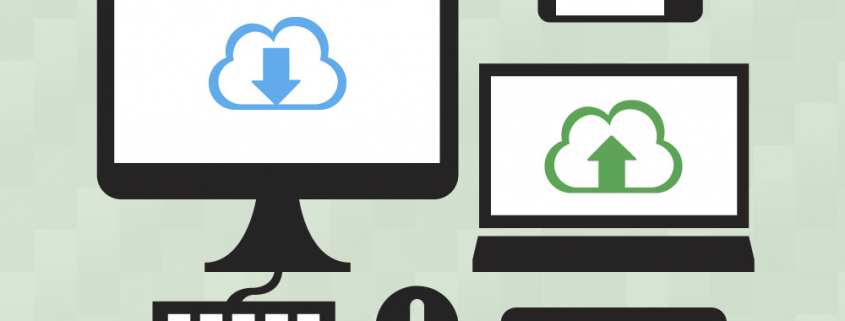How to Keep Your Business Secure from Digital Attacks

Businesses who haven’t taken a lot of their operations, records management and customer information digital are at a risk of getting left behind in the modern corporate environment. PEERNET offers a variety of software that can help your business facilitate the switch seamlessly.
One common aversion that small business owners have to moving their documents online is the fear of digital threats. No matter how big or small your business is, you’re likely handling sensitive customer data in some form or another. This poses a problem for many small businesses, as the luxury of having a dedicated IT person or team is out of reach. But there are some simple steps you can take to ensure that your business keeps its network as protected as possible.
Software:
Use a good quality general antivirus program on all company computers. This is a simple yet effective way to maintain your company’s computers and ensure that they have that first level of protection against attacks.
Look into specialized Malware software. Beyond anti-virus programs, there are a number of software programs that specifically look for malware, which can entail:
- Programs that are installed without the user’s knowledge or consent;
- Scareware, which once installed can lock a person’s computer until a demanded “ransom” fee is paid;
- Spyware which collects data off of a computer and returns it to a different machine;
- Worms, which automatically spread themselves through a network and have had terrible consequences for businesses in the past.
Anti-Malware software provides a second line of defense to pick up threats that your anti-virus software is not able to detect.
Keep your software updated. The battle between makers of antivirus software and hackers will wage on forever, because hackers are always finding new vulnerabilities. It’s important to keep not only your antivirus or anti-malware software updated, but also the operating systems on your computers.
Schedule your programs to run regularly. You can set any antivirus or anti-malware program to run on a schedule so that any threats are detected and dealt with as soon as possible. The software won’t serve its purpose if it’s not run frequently enough to catch potential threats efficiently.
Passwords:
Use a password-protected central database to store log-ins. If you are handling login information for clients whose accounts you need access to, it’s critical to After all, if someone breaches their system or accesses their information, you know the fingers will be pointed toward any other business who had access to their systems. A database protected by 2-tier protection is an ideal place to store passwords if you need regular access to them.
Have your employees uncheck the ‘Remember Passwords’ function on their web browsers. Again, this is a simple, one-time fix that offers a higher level of security should unauthorized users access your workers computers. It’s especially important to protect against data theft in case computers are physically stolen from your office as well.
Encourage strong passwords. As hard as it is to believe, some people still haven’t gotten the message about the importance of having a strong password. Here are some of the most common passwords used in 2013: 123456; ‘password’; qwerty; and 111111. A strong password uses a mix of capital and lowercase letters, numbers and punctuation marks.
Good Practices:
Train your employees on suspicious links, emails, etc. People who are more technically savvy know how to spot a phishing email, or not to click on suspicious online links, but you should set a short period of time aside each year just to reaffirm your policies and refresh your employee’s memories.
Back up your digital documents. We’ve all been working away on a document or a project when the program freezes up and you lose all your work. Now, imagine that everything on your computer or network was wiped out. That’s not just frustrating, but potentially devastating to your businesses operations.
Keep only a bare minimum of data about customers, and never keep credit cards on file. This is one of the most important policies that any business can implement to keep their customers or clients’ data secure. Over the past few years, many large international retailers have suffered massive data breaches, exposing millions of their customers’ personal information to hackers. Make sure you minimize your potential exposure to that risk; not only could you be held liable for not having good practices in place, but you can lose the trust of your customers, damaging your operations going forward.
If it’s over your head, seek out a consultant. Hopefully we have been able to provide some of the main steps and protocols that are important to implement to protect your small businesses IT security. But if you’re not confident or unsure about such matters at all, find an expert in your area who can work with you to assess and recommend solutions for your company.
Take these Precautions:
Your network’s security should be treated with the highest importance; he cost of taking some basic precautions to ensure that you’ve reduced the risk to your business and your customers is likely far less than the potential cost of a data breach.
With that said, it’s important to keep in mind that even something written with a pen on paper is not immune to the threat of theft or being leaked. There’s no need to be fearful of taking documents, operations and record keeping digital, just the need to take the necessary precautions to protect your business.



